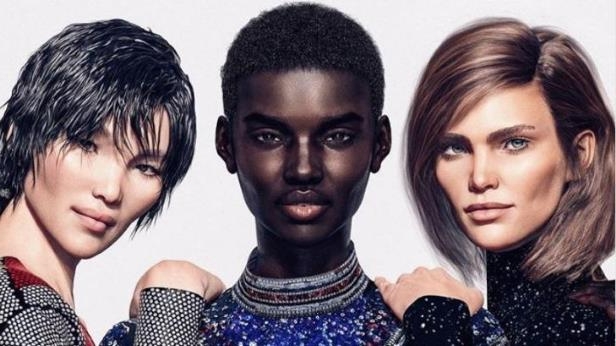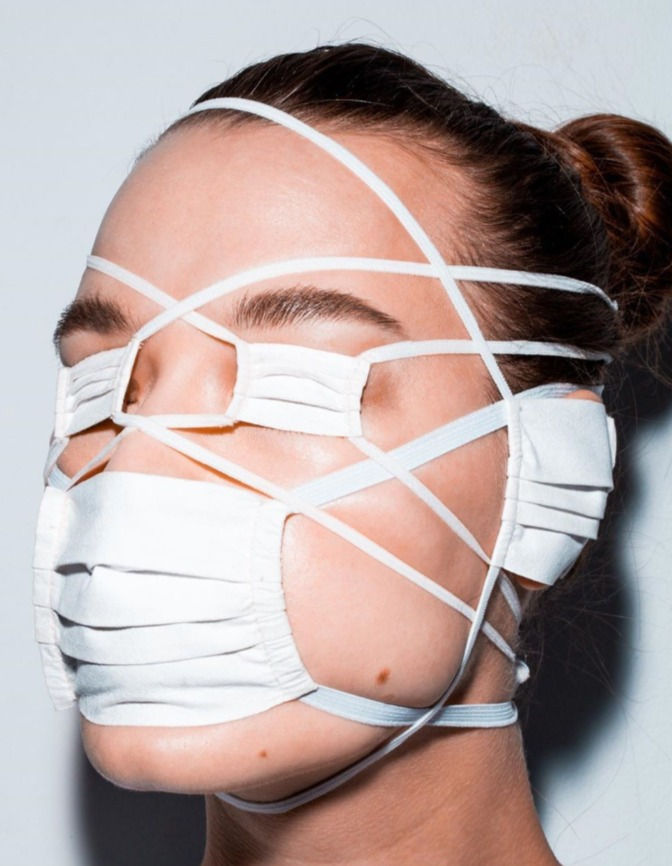The rise of CGI models
- amelia knight
- Apr 13, 2020
- 2 min read
Back in April 2016, Lil Miquela posted her first selfie. The pixelated It-girl whose real name is Miquela Sousa has since gained 1.3 million Instagram followers and has collaborated with Prada, Pat McGrath and most recently scored an editorial in Vogues September issue. Another virtual model is Shudu, a black digital supermodel. These models are not just pieces of artwork but they represent the technological advancements of the fashion industry. But could these CGI beings replace those in real life?
'Competing with literally unreal girls is really scary'-
Louise Stone is a model from London who's worked on campaigns with L'Oreal and Adidas.
A big criticism of Shudu has been that the black CGI model is taking up space which could be filled by a real black model.
"Lots of these CGI models are actually based on women of colour," said Louise. "Models, in general, have it hard enough with how competitive the industry is - models of colour have an extra point to prove and have to work harder." And it's not just models who are concerned.
In 2018 Balmain worked with British photographer Cameron James-Wilson, who created digital supermodel Shudu last year. Their campaign featured 3 virtual reality models who have perfect angular cheekbones and ooze glamour most could never manage.
Photographer Manny Roman was among those posting criticism on Balmain's Instagram.
He's concerned about the impact seeing the models could have on self-esteem.
"While I do admire the campaign's digital art, I don't like the non-realistic message that Balmain is sending out to society," he said. "Many of us are consumed with our social media accounts and some have a hard time living up to the physical standards of models and celebrities they follow. I fear the CGI models image will escalate the body and image dysmorphic".













Comments